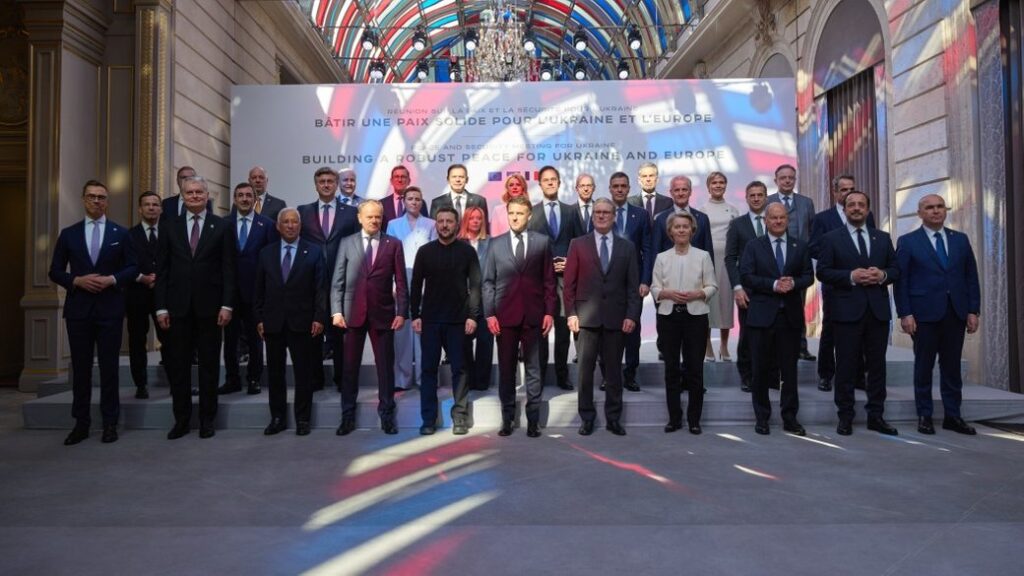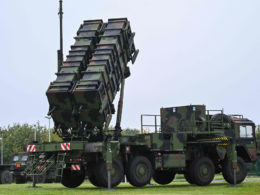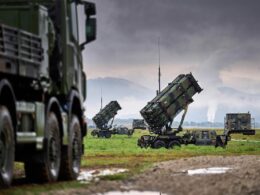Former Lithuanian Minister of Foreign Affairs Gabrielius Landsbergis has published a scathing critique of European efforts to support Ukraine, questioning whether the self-proclaimed "coalition of the willing" is truly willing to take meaningful action.
"While I obviously wish them all the success in the world, I am wondering why is it so hard to find evidence that the coalition of the willing is actually willing to do anything meaningful, let alone gamechanging," writes Landsbergis, who served as Lithuania's top diplomat from December 2020 until November 2024.
Landsbergis catalogs what he sees as a series of empty threats and retreats, particularly on sanctions against Russia. He notes that promised “crippling” sanctions amounted to what he describes as being "just as crippling as being poked with soft cushions in a Monty Python sketch."
One specific failure he highlights is the limited action against Russia’s so-called “shadow fleet.” Despite reports of about 1,000 such vessels, only around 300 have been sanctioned. “That means 700 ships are still sailing from St. Petersburg to wherever—carrying Russian oil and bringing back yuan, rupees, or whatever currency their buyers use,” he states.
He also slams the EU’s decision to reintroduce pre-war tariffs on Ukrainian exports starting 6 June—a move he says will cost Ukraine more than €3 billion—while simultaneously announcing €1 billion support packages. “This makes less than no sense,” he argues.
He sums it up bluntly: “Since JD Vance attacked Europe in Munich, there are no troops, almost no weapons, no frozen assets, no air defence, no crippling sanctions, no accession, new tariffs, and no Taurus. So what is actually going on? I am concerned that the answer is ‘nothing.’”
By contrast, he praises the Nordic-Baltic region’s concrete support, noting these countries “are willing to actually get on with it” and are “making the decisions that need to be made” despite receiving less media attention.
He concludes with a pointed challenge to Western leaders: “Have you tried actually standing with Ukraine?”
What is the “coalition of the willing”?
Formed in March 2025 and co-led by UK Prime Minister Keir Starmer and French President Emmanuel Macron, the “Coalition of the Willing” brings together 33 countries to secure a lasting peace in Ukraine and deter future Russian aggression.

Its central initiative is a proposed reassurance force—Western troops stationed in strategic Ukrainian locations (not frontlines) to provide post-ceasefire security. So far, only France and the UK have pledged troops. Sweden, Denmark, and Australia have expressed interest; Poland, Greece, and Italy have declined.
The coalition also coordinates ongoing military aid and backs a proposed €800 billion boost in European defense capabilities, from which Ukraine is expected to benefit. The US is not a member, following Donald Trump’s separate negotiations with Vladimir Putin, though coalition leaders hope for future American support.





